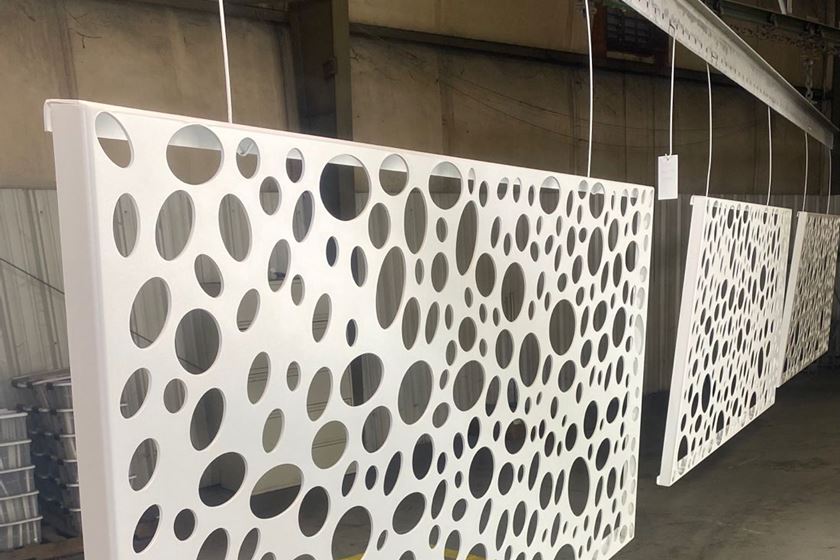Biocompatible Coatings
Can you recommend biocompatible organic coatings for this application?
Q. I am an engineer working on a biomedical research program. I am in the process of developing sensors to be implanted in humans to monitor body functions. For various reasons, these sensors have parts fabricated from metals other than stainless steel. Stainless steel is biocompatible, while the others are not. It was suggested that I paint these non-biocompatible materials with organic coatings. Organic surface coatings technology is obviously not within my areas of expertise, since I was trained as an electrical engineer. Therefore, the coatings I chose do not meet the specifications required for biomedical devices especially when implanted.
Can you recommend biocompatible organic coatings for this application? D.K.
RELATED CONTENT
-
Curing Oven Basics
Simply heating up the substrate does not cure the coating. There are many variables to consider when choosing the best cure oven for your application...
-
Drivers of Change
Is your metal finishing software ready for an upgrade?
-
A Current Affair: Examining the "No Amperage" Phenomenon
If you are performing a coating process that requires the use of a rectifier, you may have experienced the "no amperage" problem. Here's a look at the phenomenon and some solutions…















